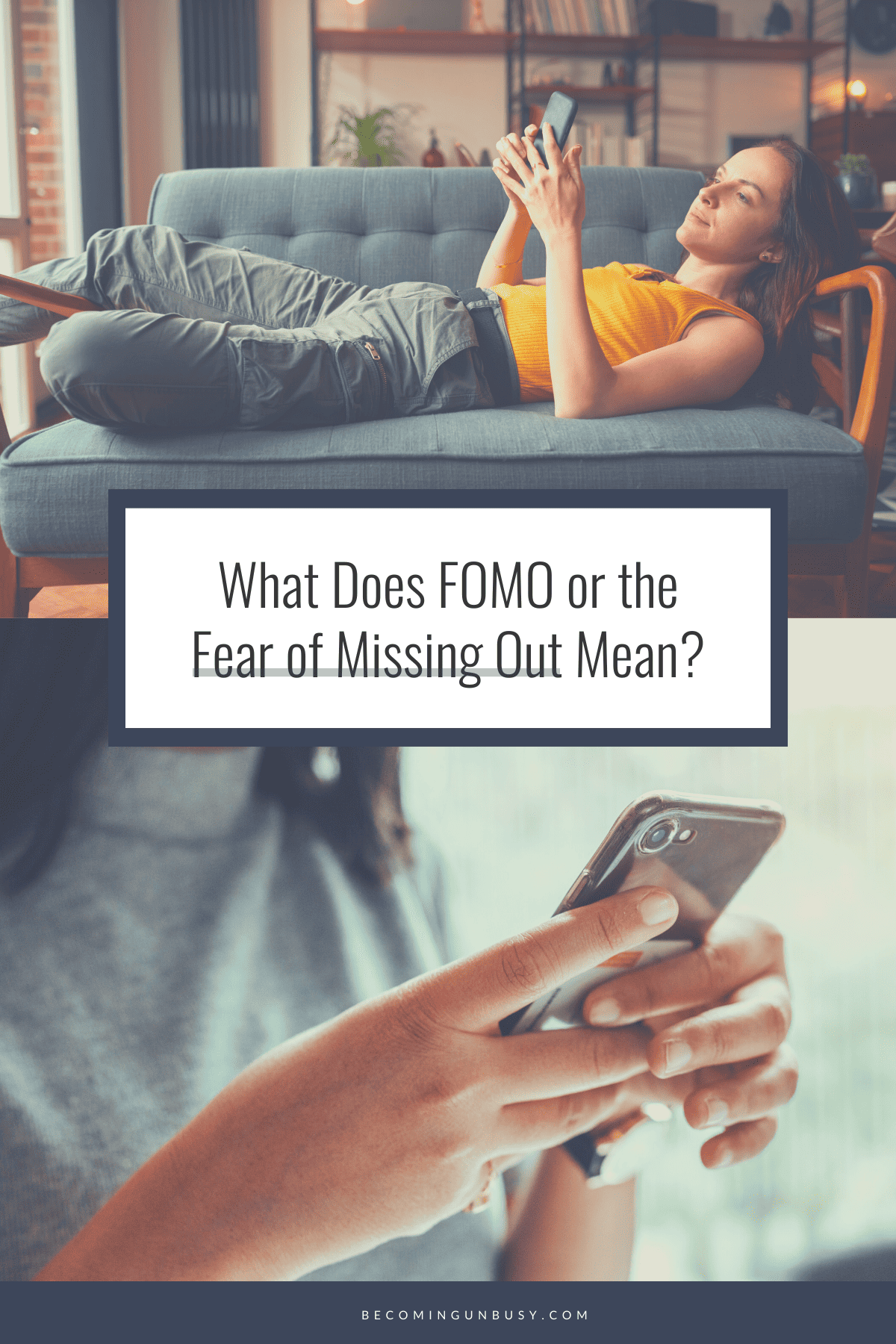What is FOMO? What does FOMO mean? Discover how this pervasive struggle impacts wellbeing and learn practical strategies to overcome it.

In a world where our every moment can be shared, liked, and commented on, a common phenomenon has taken root— the Fear of Missing Out (FOMO), a unique form of anxiety that's become increasingly prevalent in our hyper-connected world. But what exactly does FOMO mean, and how does it influence our lives?
What is FOMO?
FOMO stands for the Fear of Missing Out. It is the deep-rooted anxiety that springs from the belief that others are having more fun, living better lives, or experiencing things we are not.
The FOMO phenomenon is exacerbated by social media, where endless streams of curated "highlights" from others' lives often lead to feelings of inadequacy, envy, and a relentless drive to be everywhere and do everything.
What Are the Effects of FOMO?
The effects of FOMO are far-reaching, impacting our mental health and overall wellbeing.
- Anxiety and Stress: FOMO instills a pervasive worry that we're not engaging enough, not present enough, or simply missing out on things, leading to feelings of chronic anxiety and stress.
- Constant Comparison: When your life doesn't seem to match up to the 'highlight reels' you see online, the comparison can lead to a feeling of less than.
- Social Pressure: You might find yourself participating in activities that don't genuinely interest you. This pressure to conform can lead to a disconnection from our authentic desires and interests.
- Unhappiness: Focusing on what we're missing leads to a neglect of the present moment and the joys within it. By constantly looking at what you don't have, you can trap yourself in a cycle of unhappiness.
The compulsion to keep up with the digital Joneses can make us lose sight of what truly matters, leading to feelings of disconnection from our authentic selves and the people we love most in this world.
How to Get Over FOMO
You're taking the first step to overcoming FOMO right now simply by reading this article. Overcoming the fear of missing out requires a conscious effort to disconnect from the triggers that cause the feelings.
This can involve setting boundaries around social media use, cultivating gratitude for the present moment, and focusing on our own journeys rather than comparing them to others'. By recognizing the curated nature of social media, we can start to appreciate our own experiences more fully.
The Antidote to FOMO
The antidote to FOMO is becoming unbusy and embracing JOMO — the Joy of Missing Out. JOMO represents a shift towards embracing the present moment, finding contentment in solitude, and celebrating the experiences we choose to have rather than those we feel pressured to participate in. It's about recognizing the value in a slower, more intentional approach to life.
Cultivating an Authentic Life
The fear of missing out is something we've all struggled with at some point. You're not alone.
While FOMO highlights anxiety and disconnection, becoming unbusy and embracing the JOMO offers a pathway to reclaiming joy, presence, and satisfaction in our daily experiences. By consciously choosing JOMO over FOMO, we can cultivate a life that feels more authentic, fulfilling, and grounded in what truly matters.
Key Points
- FOMO stands for the Fear of Missing Out. It is anxiety from believing that others are having more fun, living better lives, or experiencing things we are not.
- FOMO can lead to a cycle of constant comparison, diminished self-esteem, and an inability to enjoy our lives.
- Overcoming FOMO requires a conscious effort to set boundaries around social media, cultivate gratitude, be present, and focus on our journeys.
- The solution to FOMO is becoming unbusy and embracing JOMO — the Joy of Missing Out.
- By consciously choosing unbusy and JOMO over FOMO, you can cultivate a life that feels more authentic, fulfilling, and grounded in what truly matters.
Did you find this post on FOMO helpful? Sharing it would make our week ♥
It would make our week if you took a second to save or share this post on the fear of missing out. That’s how we know we’re on the right track and should continue writing more content like this!





